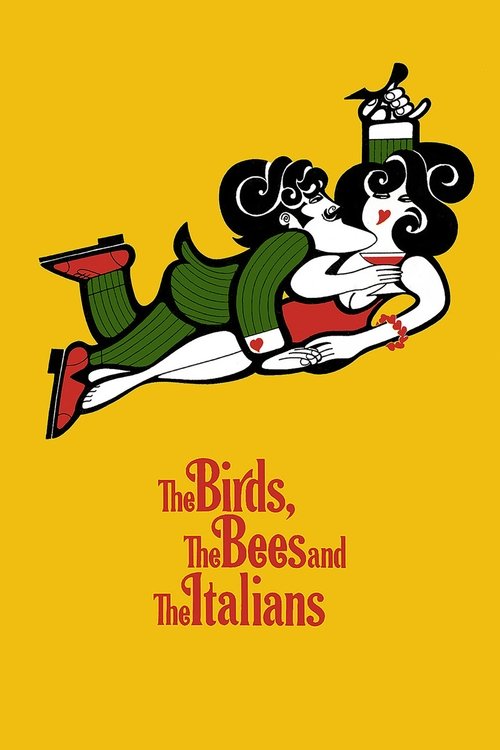CinemaSerf
Rating 70%
August 16, 2025
Who knew Treviso was the place to live, if you fancied a bit of good old-fashioned infidelity? The town is positively writhing in pudgy middle-aged gentlemen who drink excessively then routinely cheat on their wives and sweethearts. There are three inter-connected stories here that follow the licentious behaviour of these citizens. The first gent, “Gasparini” (Alberto Lionello) is married to the the somewhat imperious “Ippolita” (Olga Villi) and he has been claiming impotence to avoid fulfilling his conjugal duties. He confides this problem to his doctor “Castellan” (Gigi Ballista) only he doesn’t expand upon the fact that this is a feint not only to deter his wife, but also to distract the physician from his interest in that man’s wife “Noemi” (Beba Loncar). When “Castellan” goes blabbing about this to his café friends, though, he inadvertently plays into the hands of his rival and ends up with quite a bit of egg on his face. Meantime, henpecked bank clerk “Bisgato” (Gastone Moschin) is constantly being berated by his wife (Nora Ricci) for lacking in ambition and despite her frequent interventions is repeatedly told by his employers - relatives of “Ippolita” - that he’s paid what he’s worth. He’s a bit naive, is poor old “Bisgato” for he has fallen in love with “Milena” (Virna Lisi) and the thrust of the best comedic elements of the film come from this man’s determination to escape from what he sees as the martial yoke. Cheating is one thing, moving out - well that’s something altogether different. Then finally, we meet the young “Alda” (Patrizia Valturri) whose arrival on the scene sets the cat amongst these elderly pigeons even more. That is until her father (Carlo Bagno) declares that she is but a minor, and that the police are going to be investigating charges of statutory rape. Now these men are going to have to scream for help - but whom can they run to, though? There’s a great deal of music throughout this and for the most part it works well in helping to sustain the frenetic pace, the frantically delivered dialogue and the almost slapstick nature of these men”s behaviour, adventures and peccadilloes. Along the way, the storylines shine an humorous light on many of the stereotypical attitudes that prevailed amongst the permanently horny menfolk and amongst their equally stoic, and often quite relieved, spouses. Sex is never far from the plot, neither is jealousy nor pantomime and the dynamic between Moschin and Lisi, supported by the on-form Lionello and Ricci present us with a not so subtle evaluation of the hypocrisies of modern Italian suburban life where the Christian doctrines of marriage and respect are honoured much more in the breach than the observance. There are three distinctly separate episodes here, but by the last half hour they have all melded together into something that rarely comes up for breath, and that I quite enjoyed.


